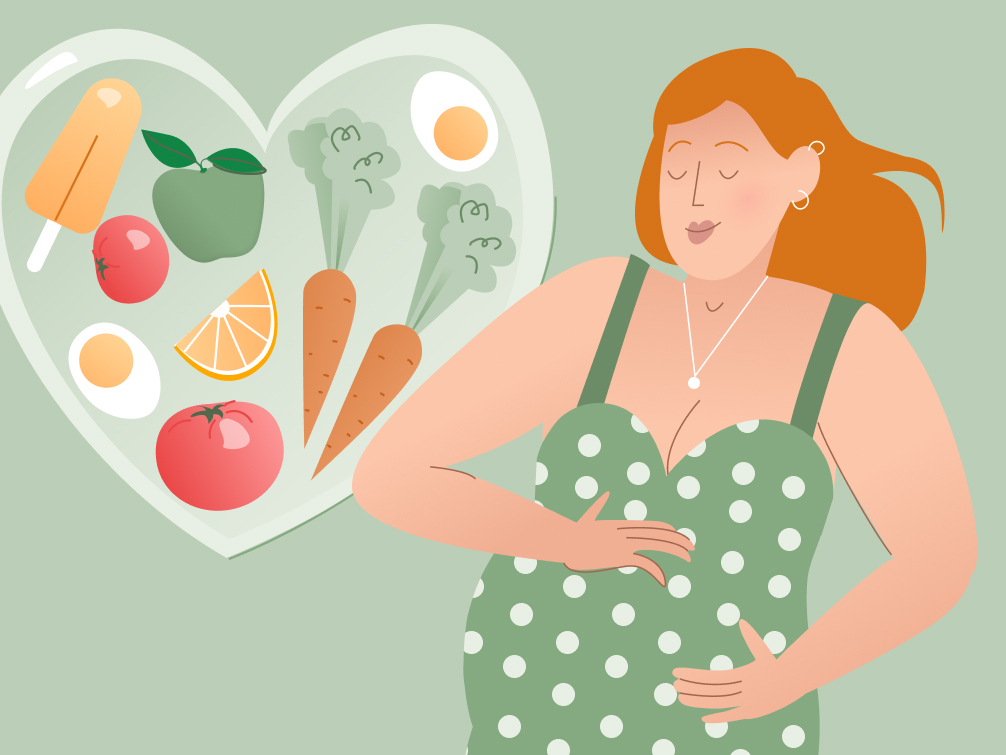Eating for Pregnancy: the Essential Nutrition Guide
May 06, 2023
This essay explores the essential nutrition guide for eating during pregnancy. It focuses on the nutrients that a pregnant woman needs to ensure her health and the healthy development of her child. It also covers common food sources of these nutrients, as well as dietary guidelines that should be followed during pregnancy.
Nutrition is an important factor in ensuring both maternal and fetal health throughout pregnancy. Pregnant women need additional calories, macronutrients (such as proteins, carbohydrates, fats), vitamins, and minerals to meet their body's changing needs. Obtaining adequate amounts of these required nutrients helps support normal growth and development of the fetus.

One key nutrient needed during pregnancy is folate or folic acid. Folate plays an important role in preventing neural tube defects in the fetus, and should be consumed at least 400 mcg per day. Good sources of folate include leafy green vegetables, citrus fruits and juices, legumes and nuts.
Iron is another important nutrient during pregnancy as it helps support fetal growth and oxygen delivery to the baby. The recommended daily intake for pregnant women is 27mg per day. Iron-rich foods include red meat, poultry, fish, iron-fortified cereals, beans and peas. Vitamin C can help increase iron absorption so it's important to pair iron-rich foods with vitamin C rich foods such as oranges or grapefruit juice.
Calcium is essential for bone health during pregnancy as well as aiding in muscle contraction and blood clotting. The recommended daily intake is 1,000mg per day and can be obtained from dairy products such as milk, yogurt, and cheese; leafy green vegetables; fish with edible bones such as sardines or salmon; and tofu.
In addition to these essential nutrients, pregnant women should also focus on eating a healthy diet that includes plenty of fruits and vegetables, lean proteins and whole grains. It’s important to limit processed foods and meats as well as alcohol and caffeine, which have been linked to an increased risk for miscarriages and birth defects. Eating small frequent meals throughout the day can help keep hunger at bay while providing the necessary nutrition for both mother and baby.
Following this essential nutrition guide during pregnancy can help ensure the health of both mother and baby. Eating a balanced diet that includes all of the necessary nutrients, as well as healthy dietary guidelines can help ensure a successful pregnancy.
